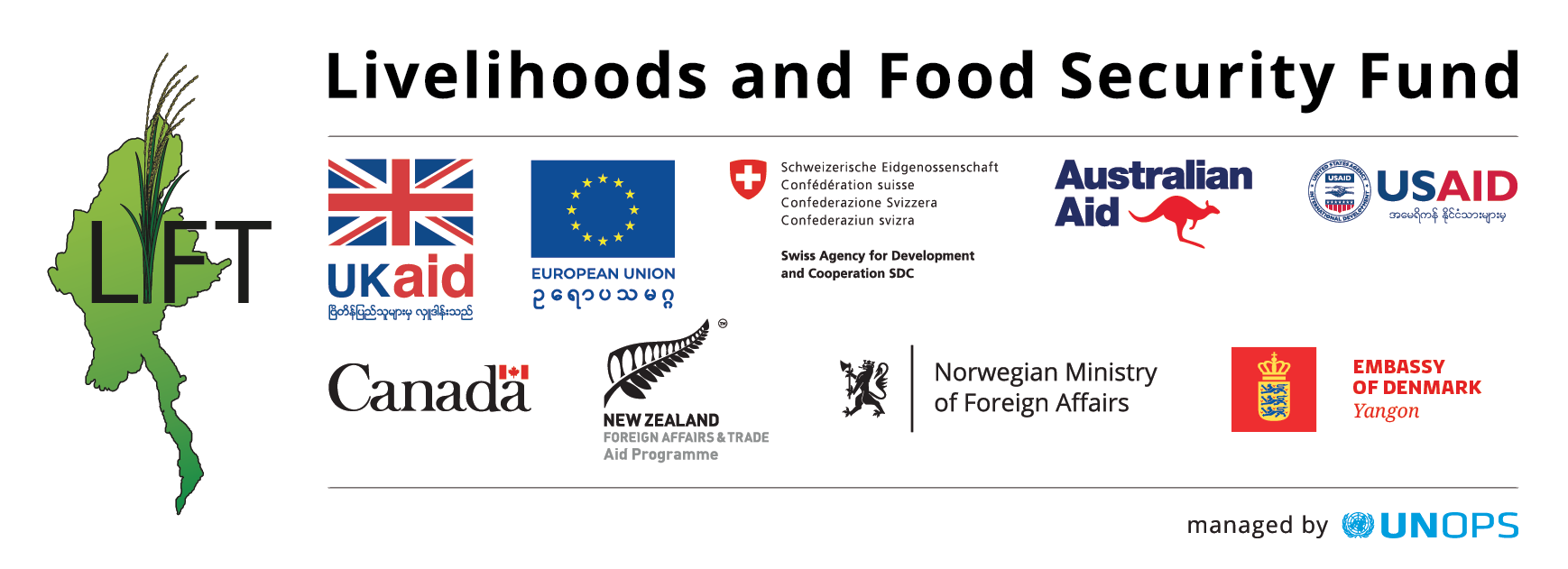
The lack of an overall strategy for the development of Myanmar’s agricultural research and extension system results in the inefficient use of international partnerships. Large, well-meaning, bilateral initiatives focused on a specific crop or research area, often accompanied by significant investment in new buildings, run the risk of undermining existing programs if scarce qualified personnel have to be transferred to implement the new high-profile initiatives. One solution to this is to require international projects to include funding for Myanmar researchers to undergo advanced degree training, and to provide temporary resident qualified international staff for the period of training as well as to mentor newly returned graduates.


